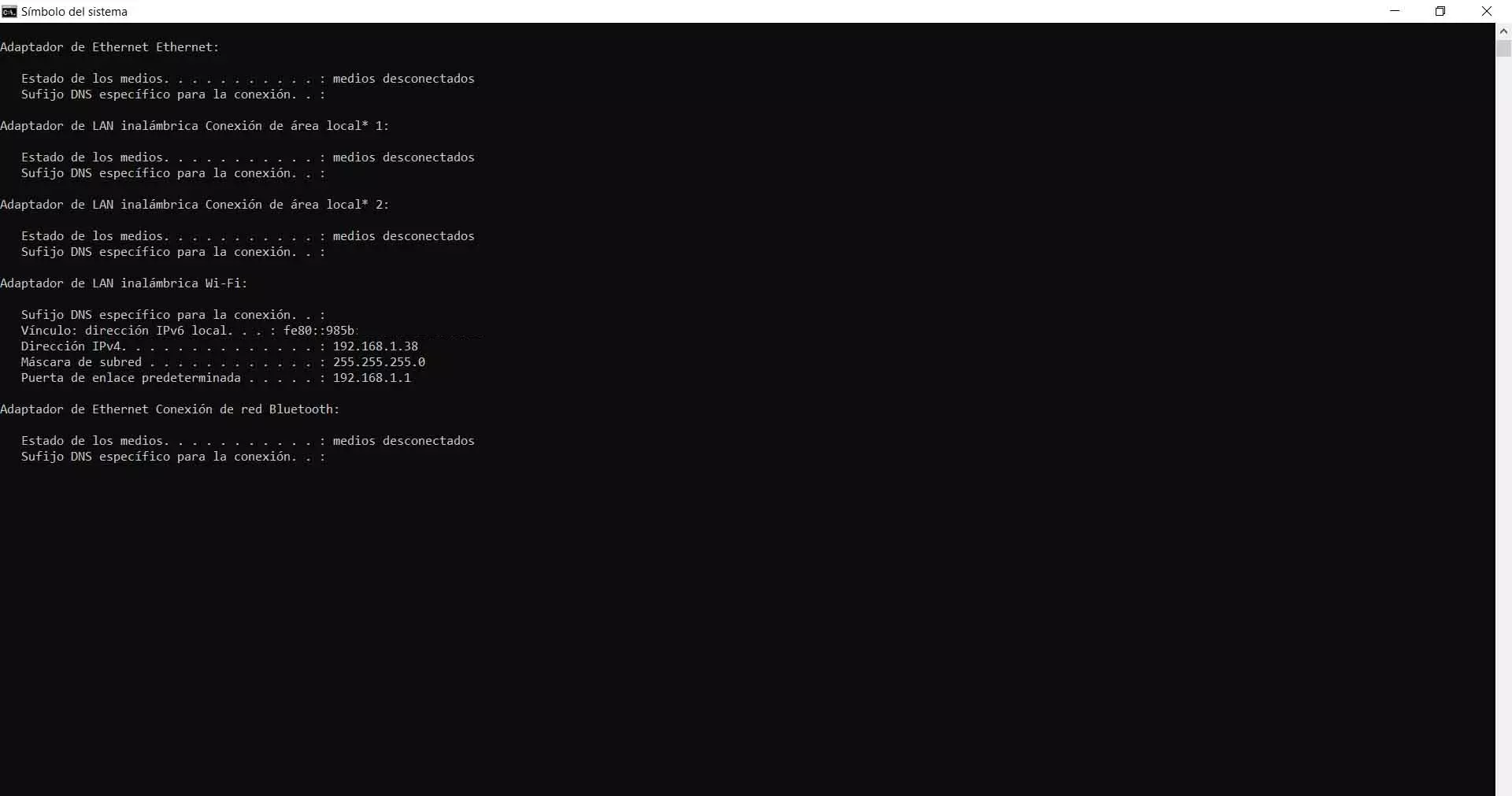
In today’s rapidly evolving technological landscape, the demand for efficient and versatile text-to-speech (TTS) converters has grown exponentially.
Among the various types of TTS systems available, batch text-to-speech converters play a pivotal role, offering unique advantages that cater to diverse user needs.
In this article, we will explore the importance of batch processing in TTS conversion and delve into prominent platforms such as Google Text-to-Speech and its API, Amazon Polly, Microsoft Azure, and Speechgen.io.
Batch Text-to-Speech Conversion: A Game-Changer
Batch processing involves the simultaneous execution of multiple tasks within a single program. In the context of text-to-speech conversion, batch processing becomes crucial when dealing with large volumes of text.
Unlike traditional, single-input TTS systems, batch converters can handle multiple texts concurrently, streamlining the conversion process and saving valuable time.
One of the primary reasons why batch processing is essential is efficiency. Organizations often deal with extensive datasets, and manually converting each text into speech can be time-consuming.
Batch converters automate this process, enabling users to convert numerous texts in one go, significantly increasing productivity.
Google Text-to-Speech and its API
Google Text-to-Speech is a widely recognized and robust TTS system that offers both online and offline capabilities.
Leveraging Google’s cutting-edge technology, this platform provides natural-sounding synthesized speech across multiple languages.
Additionally, Google provides an API (Application Programming Interface) that allows developers to integrate Google Text-to-Speech into their applications.
The API enables batch processing by allowing developers to send multiple text-to-speech requests in a single API call.
This feature is invaluable for applications that require the conversion of large amounts of text efficiently.
However, working with the Google Text-to-Speech API demands programming skills, making it suitable for developers and tech-savvy users.
Amazon Polly and Microsoft Azure
Amazon Polly and Microsoft Azure are two other major players in the TTS landscape, offering competitive features and extensive language support.
Both platforms provide APIs that facilitate batch processing, allowing developers to convert multiple texts seamlessly.
Amazon Polly, known for its lifelike speech synthesis, supports batch processing through its API. Developers can send multiple text inputs in a single request, making it well-suited for scenarios involving large-scale text-to-speech conversion.
Similarly, Microsoft Azure’s Text-to-Speech API empowers developers to convert multiple texts concurrently. The platform provides a range of voices and customization options, catering to diverse user preferences.
Like Google, working with Amazon Polly and Microsoft Azure APIs requires substantial programming skills.
Speechgen.io: Multiple Voices via Web Interface
In contrast to the API-centric approach of Google, Amazon, and Microsoft, Speechgen.io text-to-speech converter stands out for its user-friendly web interface that allows users to convert text to speech without the need for complex programming.
Speechgen.io supports batch processing, enabling users to input multiple texts and select from a variety of voices to generate diverse audio outputs.
This web-based solution is particularly beneficial for individuals who may not have extensive programming knowledge but still require the efficiency of batch text-to-speech conversion.
Speechgen.io bridges the gap between accessibility and functionality, making it a valuable tool for a broader audience.
Challenges and Considerations in Batch Text-to-Speech Processing
Despite the evident advantages of batch text-to-speech conversion, there are challenges that users and developers must navigate. The foremost consideration is the potential loss of individualized control over each conversion in a batch.
Fine-tuning parameters such as pitch, speed, and emphasis for each text becomes more complex in a batch setting. Striking a balance between efficiency and customization is crucial to ensure that the quality of synthesized speech remains high across all converted texts.
Moreover, the choice of platform for batch processing carries implications for resource utilization and scalability.
While cloud-based solutions like Google Text-to-Speech, Amazon Polly, and Microsoft Azure offer scalability, they also come with associated costs and dependency on internet connectivity.
On the other hand, local solutions may provide more control but may lack the scalability required for processing large volumes of text.



